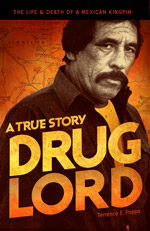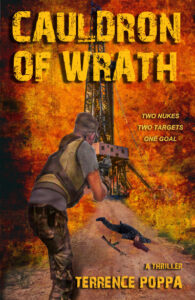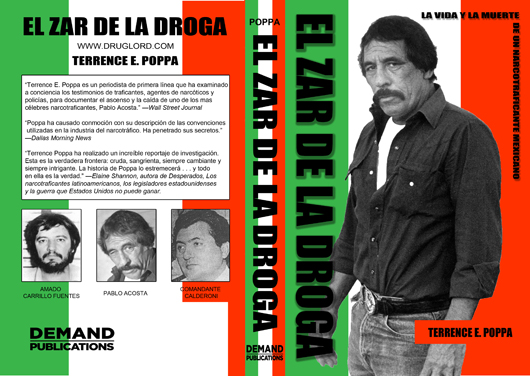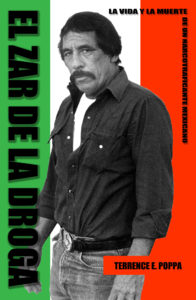(BREITBART) — by Sean Moran
Senator Bill Cassidy (R-LA) says we should fund a U.S.-Mexico border wall using money confiscated from Mexican cartels.
“The cartels move about 110 billion dollars a year from the United States to Mexico,” the Louisiana senator explained to Breitbart News Sunday host Amanda House. “If we can stop that, confiscate that money, we can use cartel money to build the wall. It won’t be the Mexican government, it’ll be the Mexican cartels [paying for the wall], and that’s probably the better party to build it.”
Cassidy introduced an amendment this year that would crack down on drug traffickers laundering money across the southern American border. The American government could then use the seized funds for increased border security and to build President Donald Trump’s proposed border wall. A press release at the time read:
“It’s estimated drug traffickers launder $110 billion between the U.S. and Mexico every year, but as best we can tell the U.S. government only captures about $7 billion,” said Dr. Cassidy. “We need to do better. If we confiscate this money, we can pay for better border security and make drug traffickers less able to hurt our communities.”




 May 15th, 2018
May 15th, 2018 


